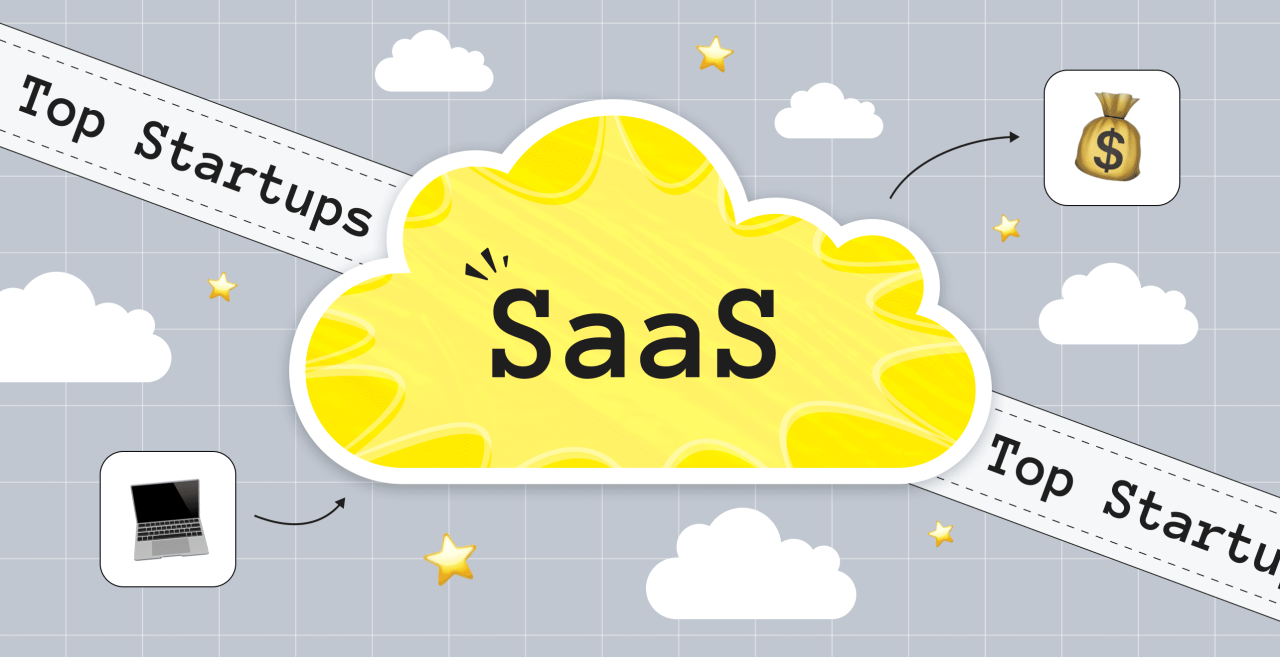Enhancing Security Systems with AI: Key Benefits

The advent of Artificial Intelligence (AI) has brought about transformative changes across various sectors, and security systems are no exception. Utilizing AI in security measures has significantly enhanced the capabilities of traditional systems, offering robust solutions that address complex challenges more effectively. This post explores the key benefits of AI-enhanced security systems and underscores the importance of initiatives to hire AI developers who have the expertise required to implement and maintain these sophisticated solutions.
Real-Time Threat Detection
One of the most significant advantages of integrating AI into security systems is the ability to detect threats in real time. AI algorithms can analyze vast amounts of data from multiple sources, such as surveillance cameras, sensors, and communication networks, to identify potential security breaches as they happen. Additionally, adhering to container security best practices enhances the overall security posture, allowing these systems to operate more effectively. This proactive approach allows for immediate responses, minimizing potential damage. AI developers play a crucial role in designing and implementing these advanced threat detection systems, ensuring they are both accurate and reliable.
Enhanced Surveillance Capabilities
Traditional surveillance systems often rely on human monitoring, which can be prone to errors due to fatigue or distractions. AI-powered surveillance systems mitigate these issues by offering continuous monitoring and advanced analytical capabilities. AI algorithms can identify unusual patterns or behaviors that may indicate security risks, significantly improving the accuracy and efficiency of surveillance operations. This heightened level of scrutiny is essential for high-security environments such as airports, government buildings, and critical infrastructure facilities.
Predictive Analytics
Predictive analytics is another area where AI excels in enhancing security systems. By analyzing historical data, AI can predict potential security threats and provide actionable insights to prevent them. For instance, an AI system can identify patterns that may indicate a cybersecurity attack or a physical security breach before it occurs, allowing for preemptive measures. This capability is invaluable for organizations aiming to stay ahead of potential threats. Hiring AI developers with expertise in predictive analytics is essential to fully leverage this technology.
Facial Recognition and Biometrics
AI has significantly improved the accuracy and efficiency of facial recognition and biometric systems. These technologies are used in various security applications, from accessing secured areas to monitoring public spaces for potential threats. AI algorithms can quickly and accurately match faces and other biometric data against vast databases, streamlining the identification process. This not only enhances security but also improves user experience by reducing wait times and false positives. To implement these sophisticated systems, organizations must hire AI developers who specialize in facial recognition and biometrics.
Integration with IoT Devices
The Internet of Things (IoT) has revolutionized the way security systems operate, enabling interconnected devices to communicate and work together seamlessly. AI enhances IoT-enabled security systems by analyzing data collected from various sensors and devices in real-time. This synergy allows for more comprehensive and coordinated security measures. For example, an AI-powered system can simultaneously monitor video feeds, temperature sensors, and access control systems to provide a holistic security solution. Skilled AI developers are essential for creating and maintaining these integrated systems, ensuring they operate smoothly and effectively.
Reducing False Alarms
False alarms are a common issue with traditional security systems, leading to unnecessary disruptions and resource allocation. AI algorithms can significantly reduce false alarms by distinguishing between actual threats and benign activities. By analyzing patterns and contextual data, AI systems can accurately identify genuine security risks, ensuring that security personnel can focus on real threats. This capability enhances the overall efficiency of security operations and reduces the burden on human operators.
Automating Security Protocols
Automation is a key benefit of AI in security systems. AI can automate routine security protocols such as access control, video monitoring, and threat assessment, freeing up human resources for more critical tasks. For instance, an AI-powered system can automatically lock doors, trigger alarms, and notify security personnel in response to identified threats. This level of automation ensures a quicker and more coordinated response to security incidents. To develop and implement these automated systems, organizations must hire AI developers with expertise in automation technologies.
The Role of AI Developers in Enhancing Security Systems
AI developers are the architects behind the advanced security systems that leverage AI technologies. Their expertise is crucial in designing, implementing, and maintaining these systems to ensure they operate at peak efficiency. AI developers are responsible for creating algorithms that can analyze vast amounts of data in real-time, predict potential threats, and automate security protocols. Additionally, they work on integrating AI with existing security systems and IoT devices to provide a seamless and effective security solution.
Given the rapid development of AI technologies, the demand for skilled AI developers continues to grow. Organizations looking to enhance their security systems with AI must prioritize hiring AI developers who possess the knowledge and experience necessary to implement these sophisticated solutions. Investments in talent acquisition and development are essential to stay ahead in the ever-evolving landscape of security threats.
Conclusion
The integration of AI into security systems offers numerous benefits that significantly enhance the effectiveness and efficiency of traditional security measures. Real-time threat detection, enhanced surveillance capabilities, predictive analytics, facial recognition, and integration with IoT devices are just a few of the advantages provided by AI. Additionally, AI reduces false alarms and automates security protocols, ensuring a more streamlined and coordinated response to security incidents.
To fully leverage the potential of AI-enhanced security systems, organizations must hire AI developers who have the expertise required to design, implement, and maintain these advanced systems. As AI technology continues to evolve, the role of AI developers will become increasingly pivotal in shaping the future of security systems. Investing in skilled AI professionals is not just a necessity but a strategic advantage in the quest to create safer and more secure environments.




